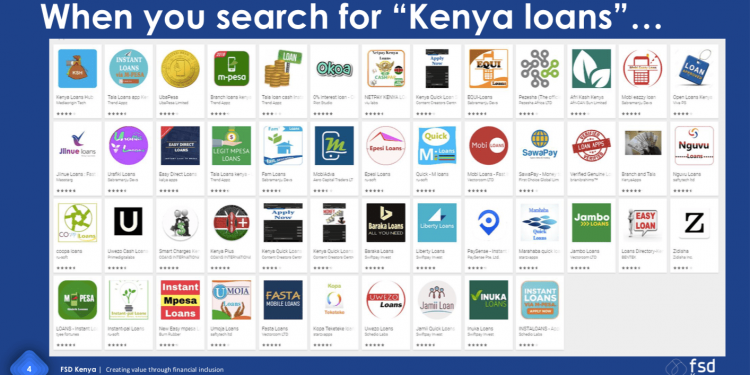Digital Credit Providers have until Saturday, September 17th, 2022, to apply for new licenses from the Central Bank; otherwise, they will be forced to close their lending businesses. This is in adherence to the Central Bank Amendment Act of 2021.
The new Regulations provide for digital credit providers’ licensing, governance, and credit operations. The Regulations make provisions for consumer protection, credit information sharing, data privacy, Anti-Money Laundering, and Combating the Financing of Terrorism (AML/CFT).
According to a legal alert issued by professional services consulting firm Pricewaterhouse Coopers (PwC), the Central Bank now has the power to issue, suspend or revoke digital credit licenses, approve channels through which digital credit providers may be conducted, determine parameters for pricing of digital credit or direct any other actions as it may consider necessary.
To qualify for a digital credit license, an applicant must be a company incorporated under the Companies Act, 2015, and ensure that its significant shareholders, directors, and senior officers meet the fit and proper criteria set out in the Regulations.
“Similar to other CBK regulated financial institutions, new digital credit providers seeking a licence ARE first required to submit their proposed names to the CBK for approval before proceeding to incorporate a company with the Registrar of Companies. Upon submission of a digital credit licence application with the CBK, the CBK may grant or reject the application within sixty (60) days from the date of receipt of the application,” said the alert authored by Joseph Githaiga and Caroline Kipkulei of PwC’s Legal & Regulatory Compliance Advisory department.
The new regulations will fill a digital lending regulatory lacuna that was present due to the lack of regulations governing these products. This resulted in public outcry when a few rogue digital lenders took advantage of the unregulated space.
“We saw a range of malpractices including excessively high costs of credit, unethical debt collection practices, and abuse of personal information. It is widely accepted that to protect vulnerable consumers and maintain market stability, we need regulation,” says the alert.
PwC, however, cautions that regulation must not be seen to stifle competition or hinder innovation by repressing the development of new products and services that can meet the minimum confidence thresholds.
Once a digital credit provider procures its license, it must be careful to comply with the regulatory
obligations and conditions prescribed by the CBK and the other regulators. Failure to do so could cause the license to be suspended or revoked.
Read also; Central Bank Warns Digital credit providers On Licensing Deadline.




